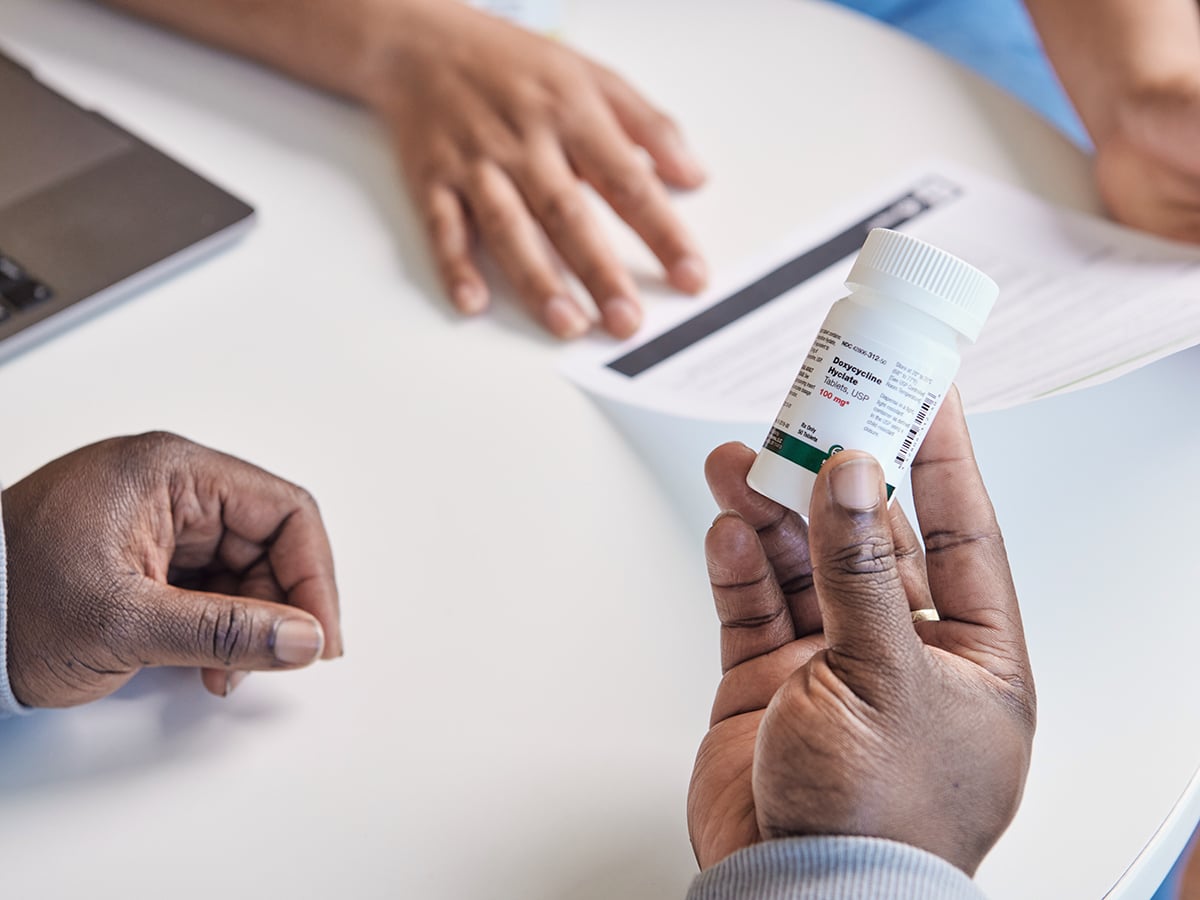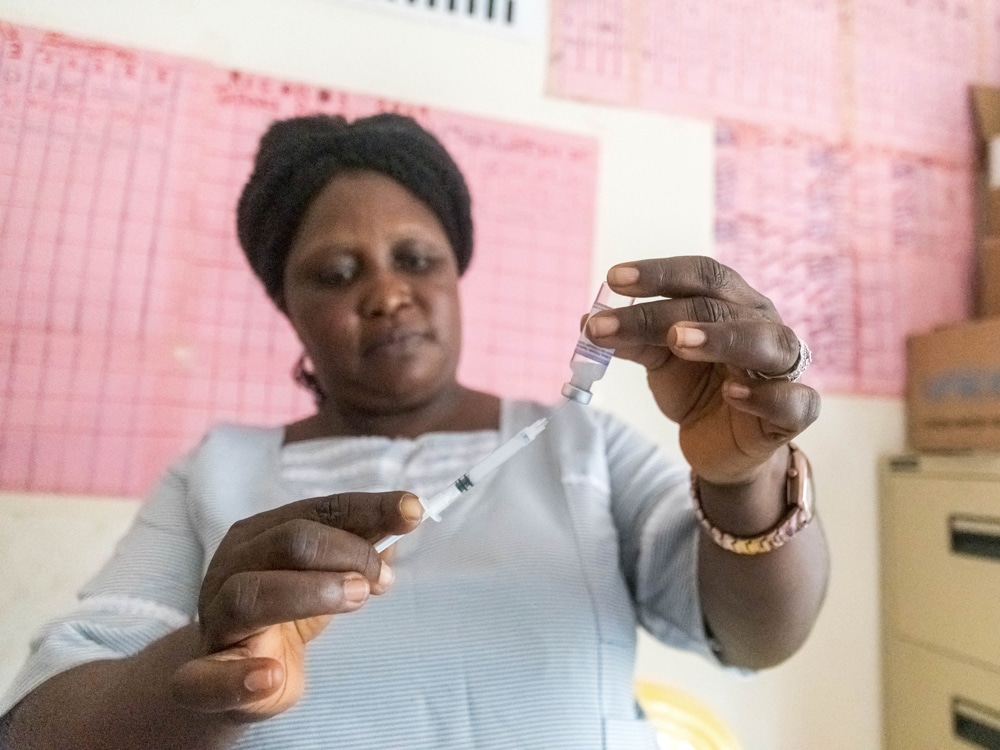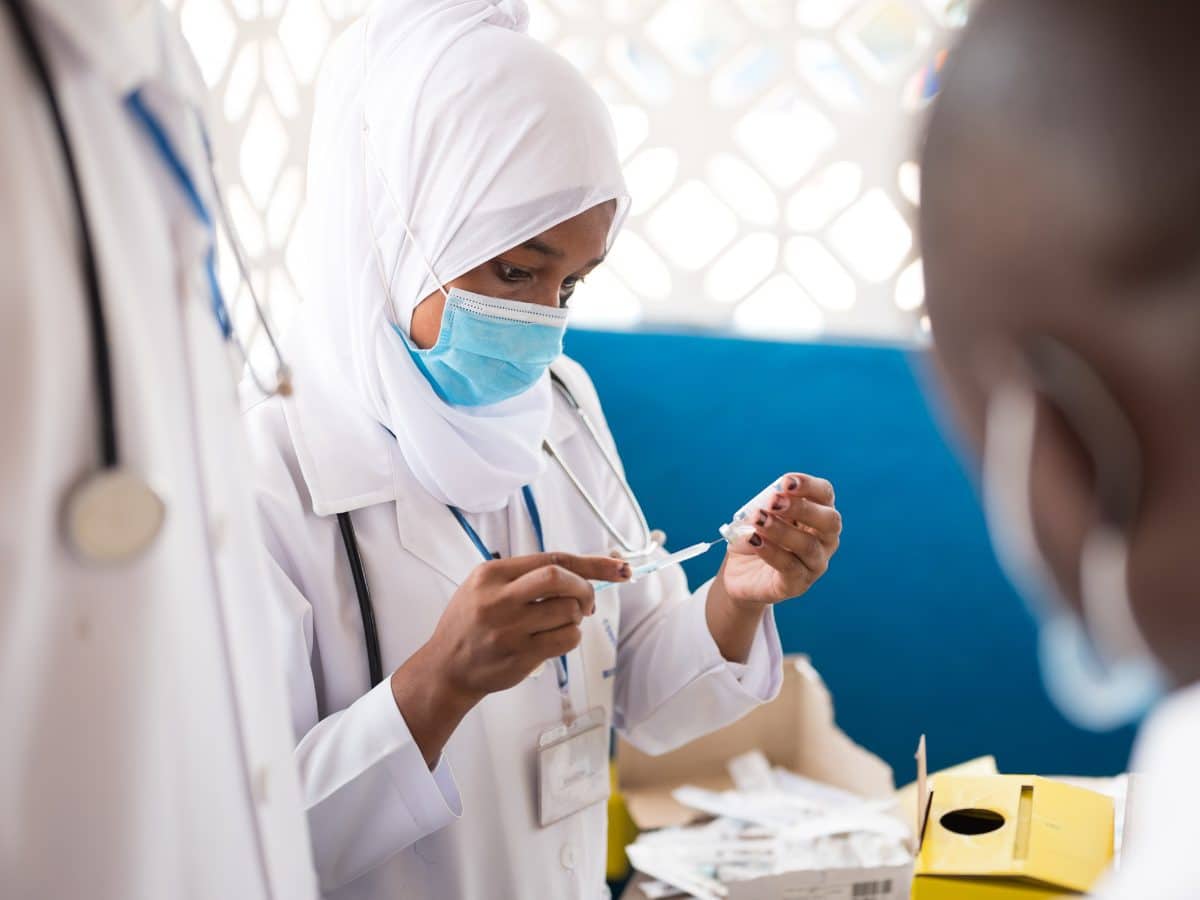-
Date: January 21, 2025
-
Start Time: 9:00 am
End Time: 10:00 am
-
Location: Online
On January 21, 2025, ICAP presented the Grand Rounds — Cryptococcal Meningitis in Low- and Middle-Income Countries.
Cryptococcal meningitis (CM) is a fungal infection and a leading cause of morbidity and mortality globally, especially among people with advanced HIV disease. The disease accounts for more than 100,000 HIV-related deaths per year. Sustainable access to treatment for CM remains a major challenge in low- and middle-income countries due to the lack of availability of key diagnostics and antifungal medications.
Experts from Columbia University and the University of Minnesota reviewed cryptococcal meningitis in the context of low- and middle-income countries, explored data on screening and management gaps, and discussed partnerships being developed to address these gaps.
Presenters
 Kiran T. Thakur, MD
Kiran T. Thakur, MD
Herbert Irving Associate Professor of Neurology, Columbia University Irving Medical Center
Dr. Kiran T. Thakur leads the Columbia University Irving Medical Center (CUIMC) program for neuroinfectious diseases and the program for community and global neurology. In addition to her work at CUIMC, Dr. Thakur performs clinical and implementation research studies internationally and serves as a consultant for the World Health Organization and the Pan American Health Organization, where she works to improve global access to neurological care.
 Radha Rajasingham, MD
Radha Rajasingham, MD
Associate Professor of Medicine, Division of Infectious Diseases and International Medicine, University of Minnesota
Dr. Radha Rajasingham is an infectious disease physician and associate professor of Medicine at the University of Minnesota. Her primary research interest is to maximize the public health impact of screening HIV-infected persons for opportunistic infections in order to decrease HIV/AIDS-related mortality. She conducts clinical trials in Uganda to evaluate new diagnostics and prophylactic strategies to reduce AIDS-related deaths among people with advanced HIV disease.








